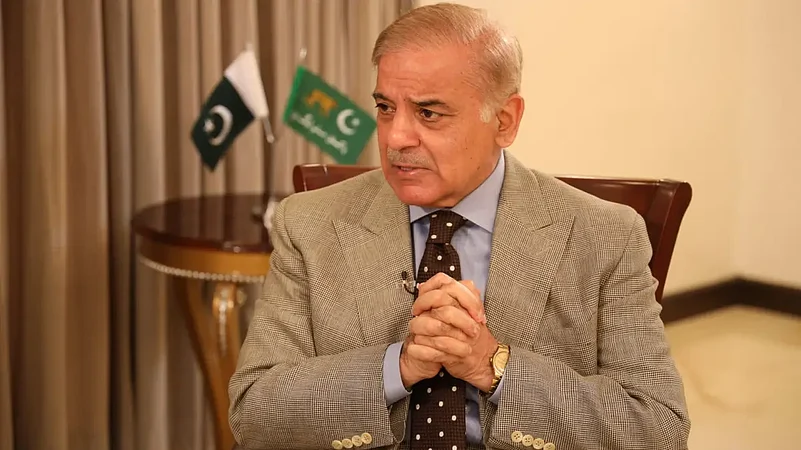The rout in Pakistan’s benchmark KSE 100 extended to the second day on May 8, with the index logging in its steepest fall since 2008, sparking a brief trading halt. However, trading resumed thereafter as the index managed to recoup some losses off its 9% plunge.
The extended selling comes after the Pakistani benchmark index had already erased over 6,500 points in the last session, wiping out nearly 6% of its value in what was the second steepest single day fall for the KSE 100.
Sentiment soured for Pakistan’s stock exchange amid escalating geopolitical tensions between India and Pakistan after New Delhi launched precision military strike ‘Operation Sindoor,’ in retaliation to the Pahalgam terror attacks. The targeted attacks aimed at destroying terror infrastructures at nine different locations across Pakistan and Pakistan Occupied Kashmir.
Pakistan has labelled India’s retaliation as an “act of war” and said it will respond at a time and place of its choosing.
Meanwhile, Indian markets, after the initial knee-jerk reaction, remained largely resilient. While the Indian benchmarks—the Nifty 50 and Sensex closed marginally higher in the previous session, they lost around 0.5% each in today’s session.
The latest selloff in Pakistan’s equity markets follows a series of geopolitical escalations. In late April, markets took a hit after the Pahalgam terror attacks in Kashmir, which led to a spike in tensions with India. In response, India rolled out a set of measures to cut bilateral ties with Pakistan, including the suspension of the Indus Waters Treaty, closing the Wagah-Attari border, and revoking visa exemptions under the SAARC framework.
Since the April 22 Pahalgam attack, Pakistan’s KSE-100 index has dropped 13%, while the KSE-30 is down over 14%.
The focus now shifts to the International Monetary Fund (IMF), which is expected to decide tomorrow on whether to extend its funding programme for Pakistan, a move that could offer a crucial buffer amid rising uncertainty.
Just last year, Pakistan’s stock market posted its best performance in over two decades, buoyed by an IMF bailout and improving macro indicators. With the situation now more volatile, the IMF’s decision could play a pivotal role in shaping market sentiment.

































